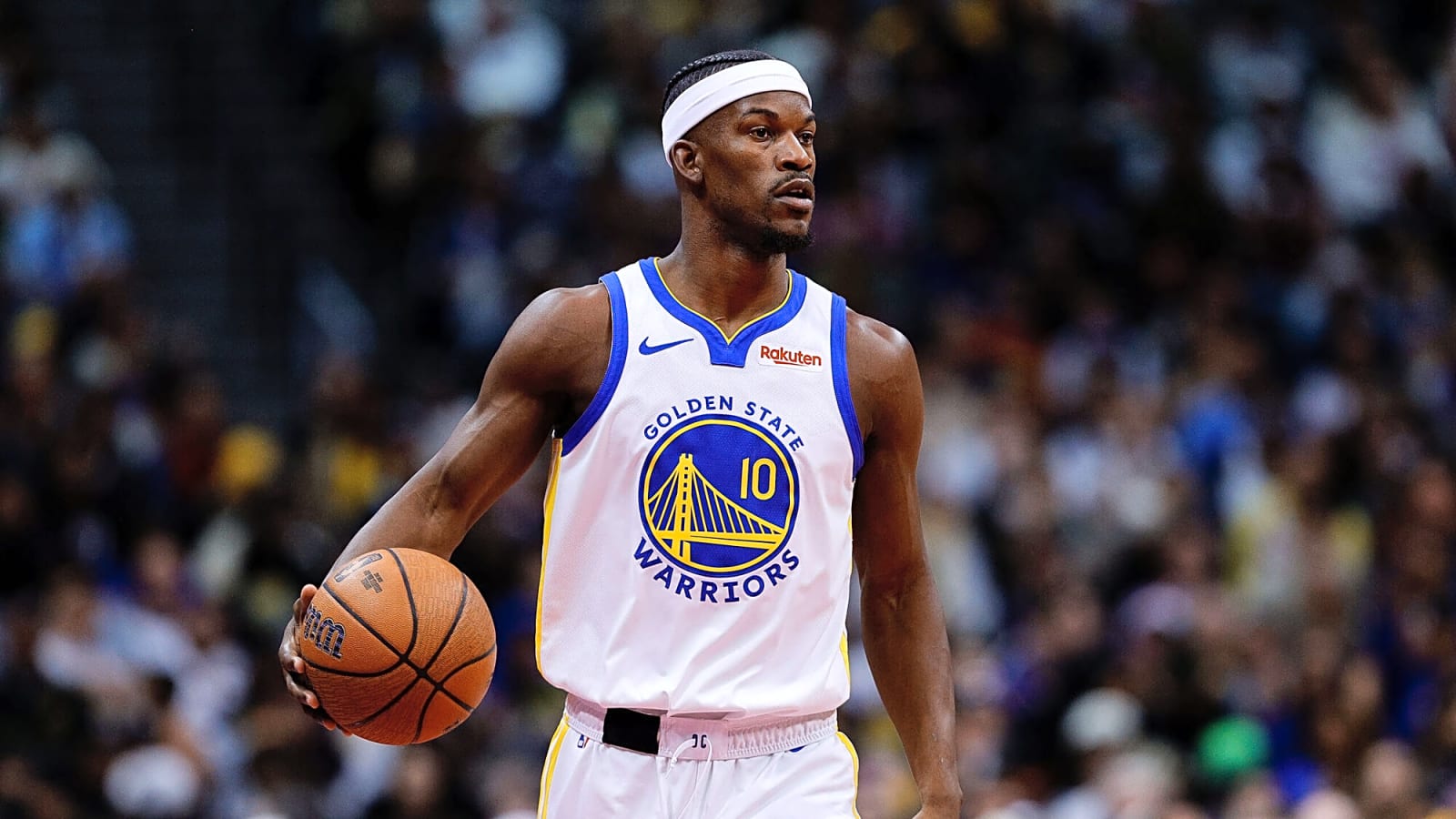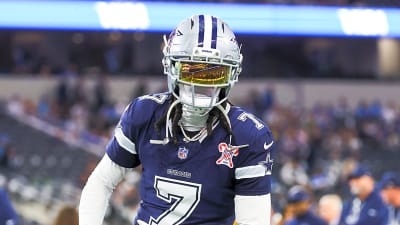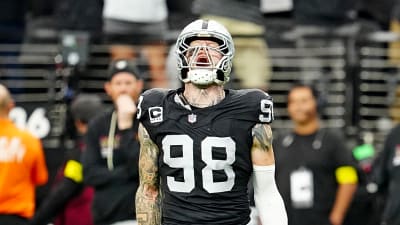
The Golden State Warriors were defeated by the Denver Nuggets 129-104, as the latter continued their perfect run at Ball Arena on Friday night, overwhelming the short-handed and stretching their home record to 5-0. Nikola Jokic once again operated as the best player on the floor, piling up 26 points in just three quarters and coming within a rebound and an assist of yet another triple-double before watching the final frame from the sideline.
With Jamal Murray firing in 23 points and Denver controlling the tempo on both ends, the Nuggets have now won six of their last seven games since dropping their opener to these same Warriors, using a 34-18 second-quarter surge to put the contest out of reach.
Golden State, still without Stephen Curry as he battles an illness, briefly threatened during an 11-0 run when Jokic hit the bench, but the spark faded as soon as Murray and the Nuggets’ shooters recalibrated. Draymond Green and Jimmy Butler returned to the lineup and combined for 33 points, yet it wasn’t enough to prevent a fifth straight road loss in a season that continues to tilt unevenly without their star point guard.
Golden State hopes Curry can return in time to stop the slide, because they will need their go-to star to get back on track in the deep Western Conference. Let’s get into the instant reaction by analyzing the four most important factors of the game.
1. Warriors’ Offense Collapses Without Curry, Again
Golden State looked directionless offensively, and the shot profile reveals the issue: 40-of-95 from the field (42.1%), 12-of-41 from three (29.3%), and just 7 points in transition, a glaring indicator of their inability to produce easy offense without Stephen Curry. The starting backcourt of Moses Moody (1-of-9) and Brandin Podziemski (3-of-10) combined to shoot 4-of-19, including 1-of-10 from deep.
Golden State generated only 104 points, and just 28 assists, despite taking 13 more shots than Denver. The spacing problems were equally damaging. Without Curry’s gravity, Denver aggressively loaded the paint and stayed glued to Golden State’s shooters.
Jonathan Kuminga, normally a downhill weapon, finished just 3-of-10, and the Warriors produced only 42 paint points, many of them late when the margin was already massive. Even Jimmy Butler’s efficient 16 points on 5-of-10 shooting couldn’t compensate for the team’s broader issues. Golden State never regained control after Denver’s 34-point second quarter and recorded a team-worst -20 with Butler on the floor.
2. Jokic Controls Every Possession And Breaks The Game Open
Nikola Jokic’s 26-point masterclass in just 28 minutes set the tone for Denver’s dominance, and the numbers show just how thoroughly he dictated the game. Jokic shot a blistering 12-of-15 from the field (80%) and hit 2-of-3 from deep, while adding 9 rebounds, 9 assists, 1 steal, and 1 block.
He finished one rebound and one assist short of a triple-double despite sitting the entire fourth quarter. Denver scored 66 points by halftime, and the Jokic-led minutes produced a staggering +16 plus/minus, a reflection of how seamlessly the Nuggets generated high-value shots whenever he touched the ball.
Even more telling: Golden State had no defensive answer in the paint, where Denver scored 52 points and shot 75% on attempts directly created by Jokic’s actions (post-ups, short-rolls, skip passes). With Golden State relying heavily on switching and help rotations, Jokic repeatedly forced breakdowns, leading to open threes.
Denver finished 16-of-33 from behind the arc (48.5%), including 7-of-10 from Murray and Gordon combined. The Warriors’ defense cratered whenever Jokic touched the ball, giving Denver a comfortable cushion long before the final buzzer.
3. Denver’s Supporting Cast Buries Golden State from Deep
While Jokic and Murray rightfully headline the box score, Denver’s supporting cast delivered the knockout punches. Aaron Gordon posted 12 points, 7 rebounds, 4 assists, and shot 3-of-5 from three, finishing with a +26, the highest mark on either team.
Christian Braun added 12 points, 7 rebounds, and 4 assists, also finishing +26, while supplying the transition pressure that Golden State never matched. Denver won fast break points 15-7, a product of Braun’s steals, Jokic’s outlet passing, and Murray’s relentless pushing of pace. The bench continued the barrage: Jonas Valanciunas scored 16 points on 6-of-8 shooting, Tim Hardaway Jr. added 7 points, and Denver’s reserves collectively shot 11-of-21 (52%) from the field and 5-of-11 from three (45%).
The Nuggets’ bench outscored Golden State’s 63-59, but more critically, they sustained and extended leads, Denver’s largest lead ballooned to 28. With Cameron Johnson struggling (0-of-3), the rest of the roster filled the gap, proving once again that Denver’s depth is among the NBA’s most seamless and reliable systems.
4. Warriors’ Rebounding Effort Can’t Mask Defensive Breakdowns
Golden State outrebounded Denver 46-41, pulled down 17 offensive rebounds, and generated 22 points off turnovers, but those advantages didn’t translate because the defense simply couldn’t string together stops. Denver shot 56.1% from the field and a scorching 48.5% from three, routinely exploiting soft switches, late closeouts, and poor communication in cross-matches.
The Warriors surrendered 34 assists to Denver, meaning 74% of Nuggets field goals were assisted, an indicator of total defensive breakdowns across the perimeter and interior. Even Draymond Green, who hit 5 threes (5-of-10) en route to 17 points, couldn’t lift the defensive structure.
Golden State allowed Denver to shoot 75% at the rim, forced only 9 turnovers, and gave up 52 points in the paint, despite having size advantages with Quinten Post (14 points, 6-of-6 FG) and Trayce Jackson-Davis (9 boards). The Warriors’ perimeter resistance was nonexistent, allowing Murray (23 pts, 8 ast), Braun, and Gordon to repeatedly get two feet in the paint. As a result, Denver scored 99 points through three quarters, effectively ending the game early.
More must-reads:
- Giannis Antetokounmpo needs to be the bad guy if he wants to change teams
- Jaylen Brown sacrifices chance to break Larry Bird record, but plays crucial role in Celtics' win
- The 'NBA Christmas Day triple-doubles' quiz
Breaking News
Trending News
Customize Your Newsletter
 +
+
Get the latest news and rumors, customized to your favorite sports and teams. Emailed daily. Always free!








